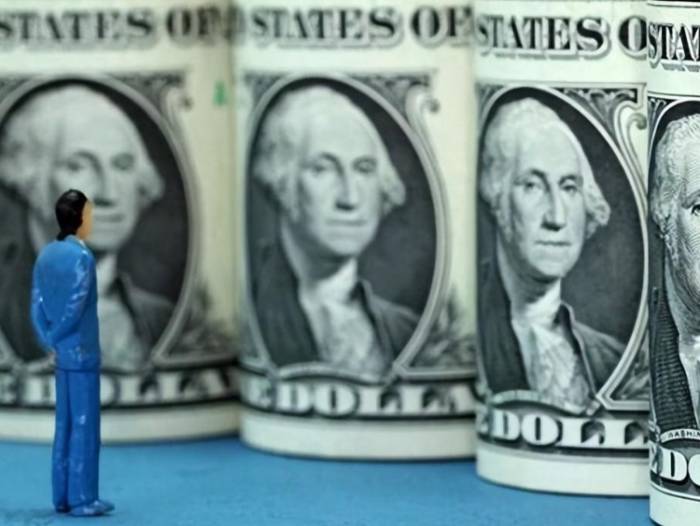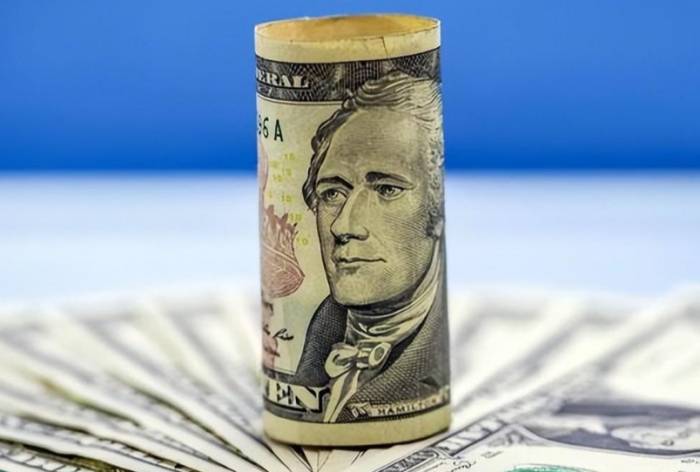The allure of gold as a safe-haven asset has been on the rise, particularly against the backdrop of increasing economic volatility and uncertainty around the globe. Global financial markets have been fluctuating dramatically, with various asset prices experiencing significant swings. In the midst of this financial turbulence, one “star” continues to shine brightly: gold. A recent report from Goldman Sachs indicating that gold prices could soar beyond $3000 per ounce next year has sparked widespread attention and curiosity. What is it that has reignited investors' interest in this timeless asset? Let's delve into the underlying factors that have propelled gold to the forefront of investment strategies and how central bank policies are influencing this upcoming gold price surge.
As we navigate through a climate marked by rising inflation, changes in interest rates, and escalating geopolitical risks, it becomes evident that global economic uncertainty is a primary catalyst for gold's strong performance. Investors are increasingly wary about the future prospects of traditional assets, leading many to seek refuge in gold, which is renowned for its unique property of preserving value. This increasing anxiety about economic stability positions gold as a sort of “safe harbor” amidst a tempest of financial uncertainties.
The ongoing trend of prolonged monetary easing by central banks worldwide further enhances gold's appeal. Central banks are not merely purchasing gold in strategic efforts to boost their foreign exchange reserves; they are also acting to safeguard against the risks posed by currency depreciation. Goldman Sachs’ analysts suggest that the persistent low-interest-rate environment, coupled with looser monetary policies, will not only provoke more central banks to accumulate gold but will also attract a wave of investors to the gold market.
Examining the behavior of central banks reveals a clear commitment to expansionary monetary policies, which increases the supply of money dramatically. This situation undeniably offers robust support for gold's rise in value. Data shows that many central banks have been steadily increasing their gold reserves, particularly during periods of looming economic downturns, a testament to their readiness to leverage gold as a shield against potential financial threats.
Goldman Sachs predicts that by 2024, global demand for gold may hit unprecedented levels. This demand is expected to emanate from diverse sectors, including central banks bolstering their strategic reserves and investors utilizing gold through ETFs as a hedge against unforeseen market fluctuations, thereby further driving up gold prices.
Beyond macroeconomic factors, the gold market itself is undergoing positive transformations. The emergence of digital currency has prompted many to reassess traditional investment strategies, leading to a revival of interest in gold as a non-correlated asset. A growing cohort of younger investors is beginning to view gold as a smart allocation choice, especially during times of significant economic volatility.
Technological advancement is also adding new dimensions to gold's attractiveness. The continual emergence of new technologies is expanding the applications of gold beyond its traditional roles in jewelry and investment. Its use spans across various high-tech industries, from electronics to aerospace, making gold not merely an investment but a crucial material in modern-day life.
For the average investor seeking to navigate this burgeoning gold rush, understanding one's risk tolerance is paramount. If one identifies as a relatively conservative investor, incorporating gold into their portfolio is a wise Strategy. Furthermore, watching mutual funds or ETFs focused on gold can provide an indirect but effective means to invest in gold while spreading risk and diminishing the potential fallout of a singular investment.
However, while Goldman Sachs has boldly predicted the enticing price of $3000 per ounce, it is essential to recognize the inherent unpredictability of market fluctuations. Investors must remain vigilant, keeping a close eye on market trends and news that may influence gold's trajectory and be prepared to adapt their investment strategies as necessary. Maintaining a rational approach to investing is crucial; one should avoid the pitfalls of herd mentality and base decisions on sound judgment.
In conclusion, gold is becoming an increasingly preferred asset for many investors, driven by favorable market conditions and broader economic factors. Optimistic projections regarding gold prices underscore the market's growing confidence in this precious metal's future performance. Whether you are a seasoned professional or a newcomer, now is an opportune moment to allow gold to illuminate your investment portfolio. Moving forward, stay informed about movements in the gold market to make astute investment choices.






























Join the Discussion